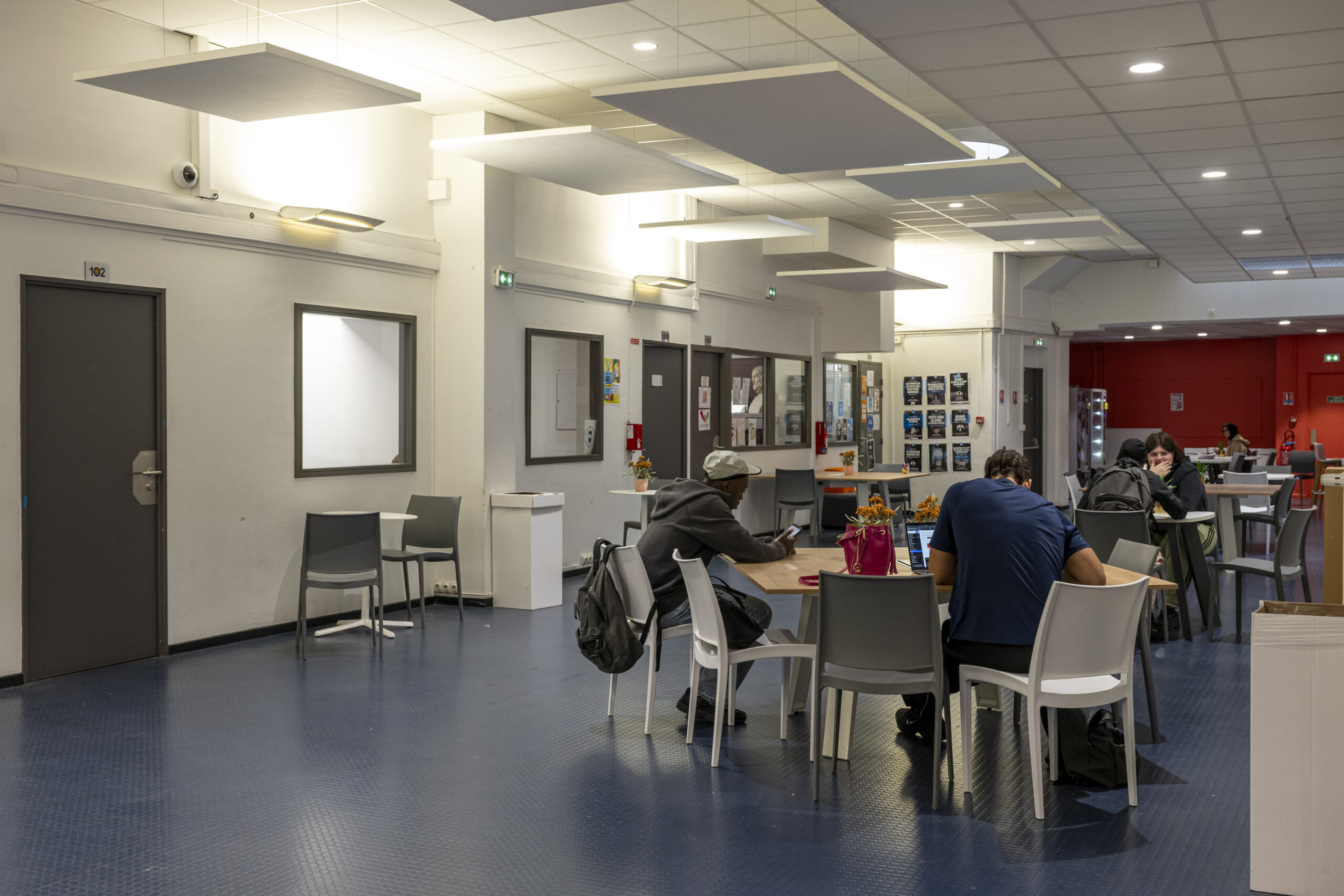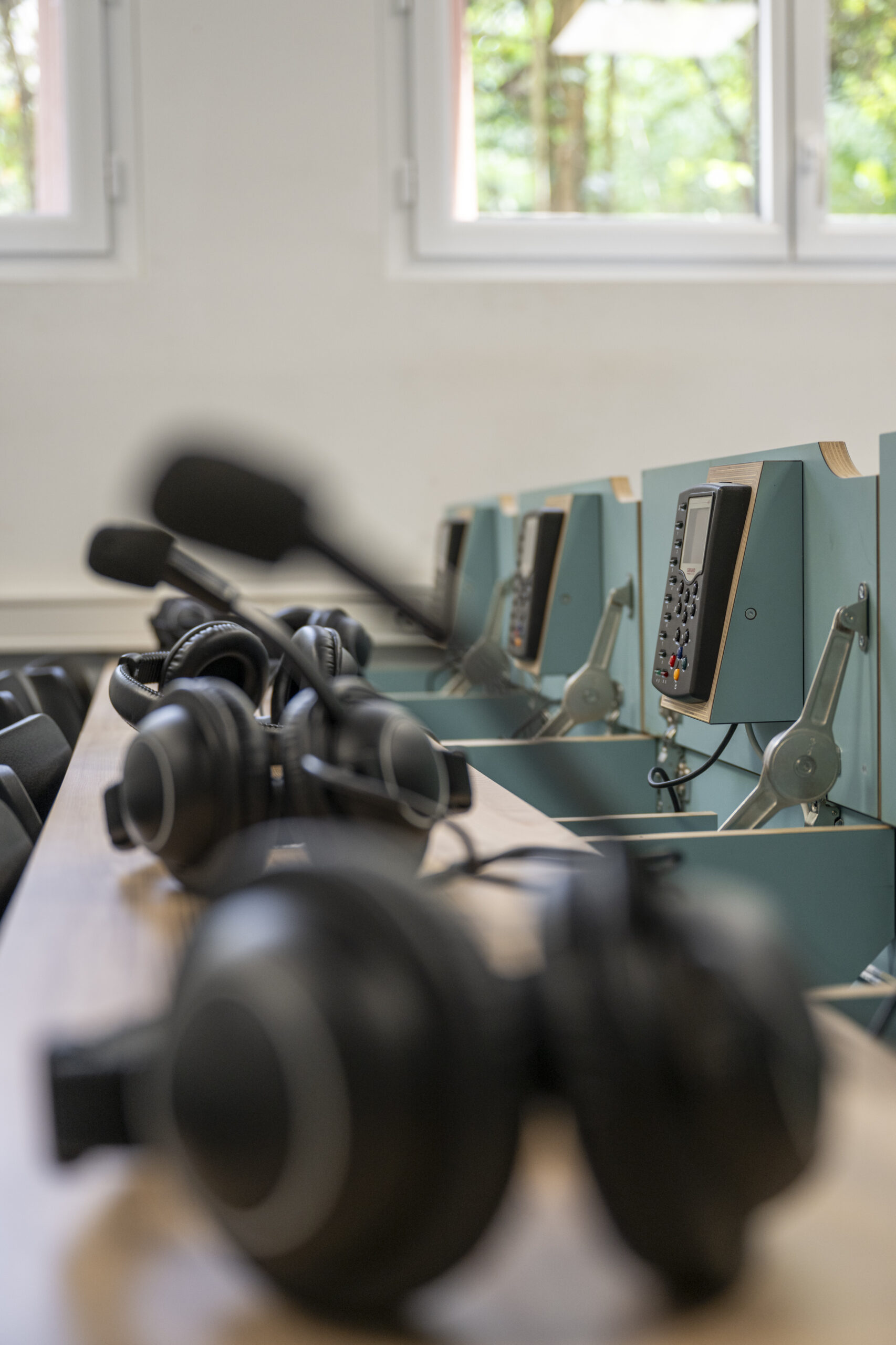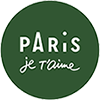DELF, a diploma for beginners or advanced users of French
The DELF, acronym for Diploma in French Language Studies, is an official diploma issued by the French Ministry of National Education (education Nationale). Its main objective is to assess and certify the French language skills of non-French-speaking candidates. Worldly recognized, the DELF is a valuable asset for those who wish to study, work or live in a French-speaking country. Indeed, this diploma is harmonized with the common European framework of reference for languages (CEFRL)
The DELF addresses different levels, from A1 to B2, corresponding to increasing skills in oral comprehension, written comprehension, oral expression and written expression. Each level assesses the candidate’s ability to communicate effectively in French in various situations of daily, academic or professional life.
The DELF can meet several objectives:
• The DELF offers official skills certification. It assesses the level in French language of non-francophones candidates, which is essential for international students and job seekers. This evaluation is based on CEFR standards and therefore provides a significant advantage to its holders
• The DELF can be useful to obtain French nationality: in fact, justifying a mastery of French language at least equal to B1 level is mandatory as part of a naturalization procedure
• DELF B2 may be necessary to enter a French or French-speaking university
DALF, for experienced speakers
Like the DELF, the DALF (Diplôme Approfondi de Langue Française) is an internationally recognized French diploma. It attests to a high level of competence in French language – especially for international students – but it also addresses non-French speakers in general. The DALF corresponds to the C1 and C2 levels of the Common European Framework of Reference for Languages (CEFR) and therefore concerns advanced users
the DALF may open several doors for candidates:
• Pursuing higher studies: The DALF certifies an advanced mastery of French language, thus allowing candidates to enroll in a university in France or other French-speaking countries. The DALF C2 certifies true mastery of the French language and can greatly promote integration into doctoral schools or academic research programs.
• Professional opportunities: This diploma is recognized by many international companies and organizations, offering career opportunities in a French-speaking context. Indeed, certain positions require a high level in French language.
The TCF, making it easier to obtain visas and naturalization procedures
The TCF, (Test de Connaissance du Français, “French knowledge test) is a standard exam intended to assess the French language skills of non-French speakers. It is widely recognized internationally and especially used in the context of visa or naturalization procedures. The TCF IRN is thus designed for non-French speakers (over the age of 16) wishing to validate their level of French language to:
• Obtain French nationality;
• Apply for a long-term resident card;
• Validate an A1 level as part of the OFII citizenship course.
Within the Cours de Civilisation Française de la Sorbonne, international students have the opportunity to take the TCF IRN on a computer, as well as the DELF and DALF exams.
The TCF “all audiences” is aimed at anyone aged 16 or over whose mother tongue is not French and who wishes to assess their language skills for academic (international students), professional or personal reasons.









